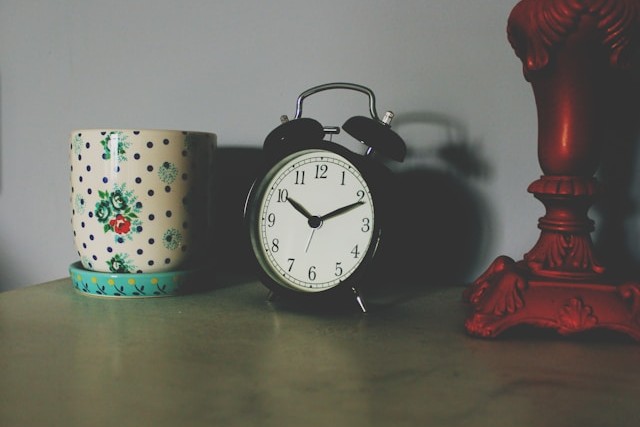Reasons Why You May Have Trouble Sleeping

A lack of sleep at night can really put a damper on your day. Being groggy or overtired could make you less productive and leave you feeling unwell. There are many factors that could be contributing to your restless night sleep, and maybe some that you have yet to consider. Here are 7 common reasons that you may be tossing and turning all night.
7 Reasons You May Be Awake All Night
Pain: If you are experiencing pain at night, it makes it much harder for you to sleep. Headaches, joint pain and backaches are commonly sited as reasons for not being able to sleep. Reach out to your doctor to be advised as to the proper steps to take to help ease your pain.
Mental illness and stress: Insomnia can be a vicious cycle. It can be both can symptom of and caused by, depression and anxiety. Since sleep and mood are controlled by the same part of the brain, your mood can greatly affect your sleeping patterns. Stresses in your everyday life can also affect your ability to sleep.
Snoring: Snoring could pose a problem for both you and your other half when it comes to getting a good night sleep. For some people, snoring may not affect the rest you get, but for others, snoring can be a symptom of sleep apnea. Check with your doctor to see if you have other symptoms of sleep apnea and how it can be treated.
Jet lag: For all of you travelers out there, jet lag may be the culprit in your tossing and turning filled nights. When crossing through time zones, your internal clock can be misguided, and you may find yourself struggling to fall asleep. Sometimes it can take a few days or even longer to readjust.
Shift work: If you work a job that isn’t the typical nine to five, your body might have a hard time getting into a good sleep routine. Nurses, police officers or other shift workers tend to have lower levels of serotonin, a hormone that aids in regulating sleep.
Hormonal changes: You hear about it more in women, that they can’t seem to sleep because of hormonal changes. Pregnancy, menopause and menstruation are all common reasons for hormonal changes leading to sleep problems.
Medical illnesses: Different medical illnesses can contribute to sleeplessness. Asthma or lung disease can cause shortness of breath making sleeping more difficult. For those with heart disease or Parkinson’s disease, insomnia can be a common side effect.
Drugs: Medications can cause a change in sleep patterns. If you are taking certain medications close to bedtime or if you have changed your dosage, that could be a reason for your insomnia. Talk to your doctor about other options for medication or ways you can regain your good night sleep.
Sleep Apnea
Sleep Apnea is not only sleep depriving, but extremely dangerous. People who have sleep apnea can stop breathing for up to 30 seconds at a time. This can cause a chronic loss of sleep and lack of oxygen to the brain. If you have one or more of these symptoms, talk to your physician about the possibility of Sleep Apnea and caring for it:
- Excess daytime sleepiness
- Loud snoring while sleeping
- Observed episodes of stopped breath during sleep
- Awakening abruptly with shortage of breath
- Dry mouth or a sore throat every morning
- Morning headaches
- Forgetfulness or mood changes during the day as a result of exhaustion.
Look at your lifestyle
your lifestyle can be affecting how you sleep too, and you may not even know it. Are you drinking enough water during the day? Are you drinking coffee too close to bedtime? Are you staring at a computer screen, laptop, or your phone before going to be?
All those little things can affect your sleep at night. Coffee, for example, has caffeine and can stay in your system for many hours after your last sip of coffee.
The blue light from computer screen and phones can also interfere with your quality of sleep. Instead of looking at your phone, you can read a book to relax.





